A smart scale, a smartphone, a smart home … How much sense does it have that a scale – a fairly simple thing – be a smart scale? In this article, we’ll review my experiences with the Withings Body Plus smart scale and what kind of information you can get out of it compared to a regular scale.
The name of this smart scale is also written as Withing Body+.
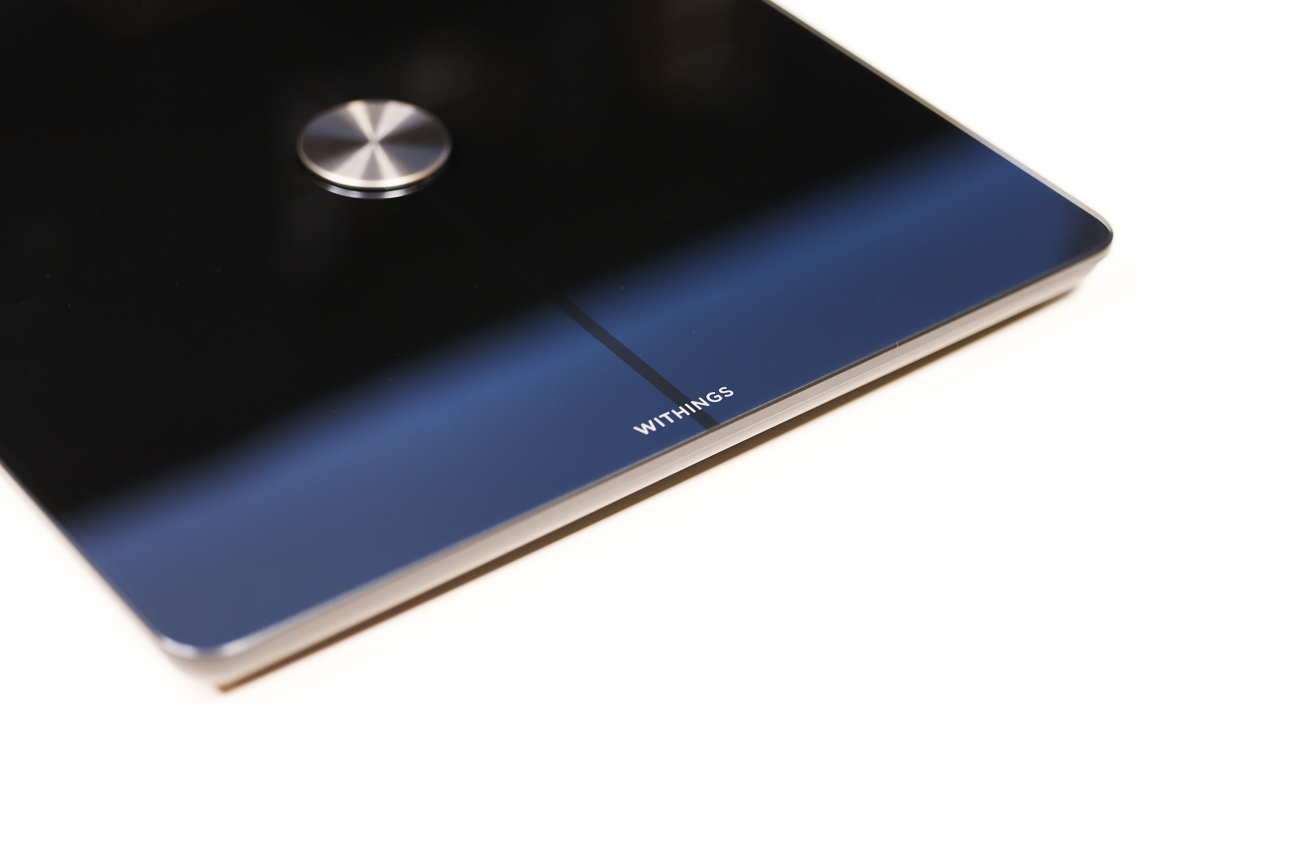
In summary, a smart scale under a hundred euros be many times worth the price – but only if you like measuring and tracking things. I’ve been measuring different things about my body and hobbies for a long time, so measuring my own weight and body composition is just a natural continuum.
I liked
- Stylish design
- A functional Healthmate app
- Easy data sync to the app
I didn’t like
- Slightly expensive price tag
What is a Smart Scale?
A smart scale is a scale that transfers the measured data via Bluetooth or Wi-Fi to an application. In addition to weight, Withings Body Plus measures body composition, such as fat percentage, bone mass, muscle mass, and the amount of fluid in the body.
The Withings scale was easy to set up and the data has been transferred to the application after the morning weighing without a hiccup. The only break was when the wi-fi was off one morning and the data couldn’t be transferred.
A smart scale is practically as smart as pen and paper. Withings Body Plus costs around € 70, so the price is right below too expensive (from my POV). However, I specifically wanted to buy a smart scale that automatically syncs data into an app where I can track it. The Withings scale does what I needed it to.
Smart Scale Reliability: Can the Results Be Trusted?
One evening I did ten pushups and the next morning I had dropped 0.7 kilos of fat – according to the scale. I was planning my bestseller (The 10-Push-Up Training Regimen, or similar) but then decided that any individual measurement of the smart scale is not the absolute truth.
That doesn’t mean they’re not useful. They just need to be treated the right way.
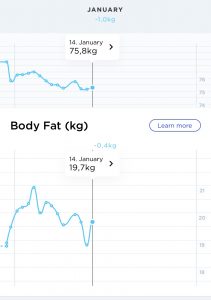
I have measured my weight every morning after a trip to the loo, wearing the the same clothes, i.e. boxers. (Or should I say, the same type of clothes, I change boxers every day.) This is how I have standardized what the scale measures and what is stored in the application. The variation between days is substantial, but that is to be expected. The most important thing is what happens in the long run over weeks and months.
I chose Withings Body Plus as my smart scale precisely because of its body composition measurement. It was different enough from the standard scale, i.e. the stupid scale, and I felt that because of the body composition measurement, it was worth the investment.
Tips for Measuring Body Weight
If you don’t take into account the mental aspects of weight measurement (for example, the fact that weight measurement can become a burden or anxiety) and talk specifically about getting the most reliable measurement you can, then here are some tips for measuring body weight:
- Always measure at the same time of day
- Always measure in similar clothing (barefoot)
- Measure no more than once a day
You can also measure whenever you want, for example once a week or once a month. Personally, I’ve found that when I add a morning weigh-in to my routine, it slips well into everyday life. It also results in a long series of information that I can return to later. If I measured only once a week, there would be significantly fewer data points.
Experiences with the Withings Body Plus Smart Scale
This review is based on the use of only one smart scale for a few weeks, so there are no reference points other than a standard scale. The Withings scale was easy to set up and the device could be easily connected to an iPhone. The Healthmate app is available on both Android and iOS.
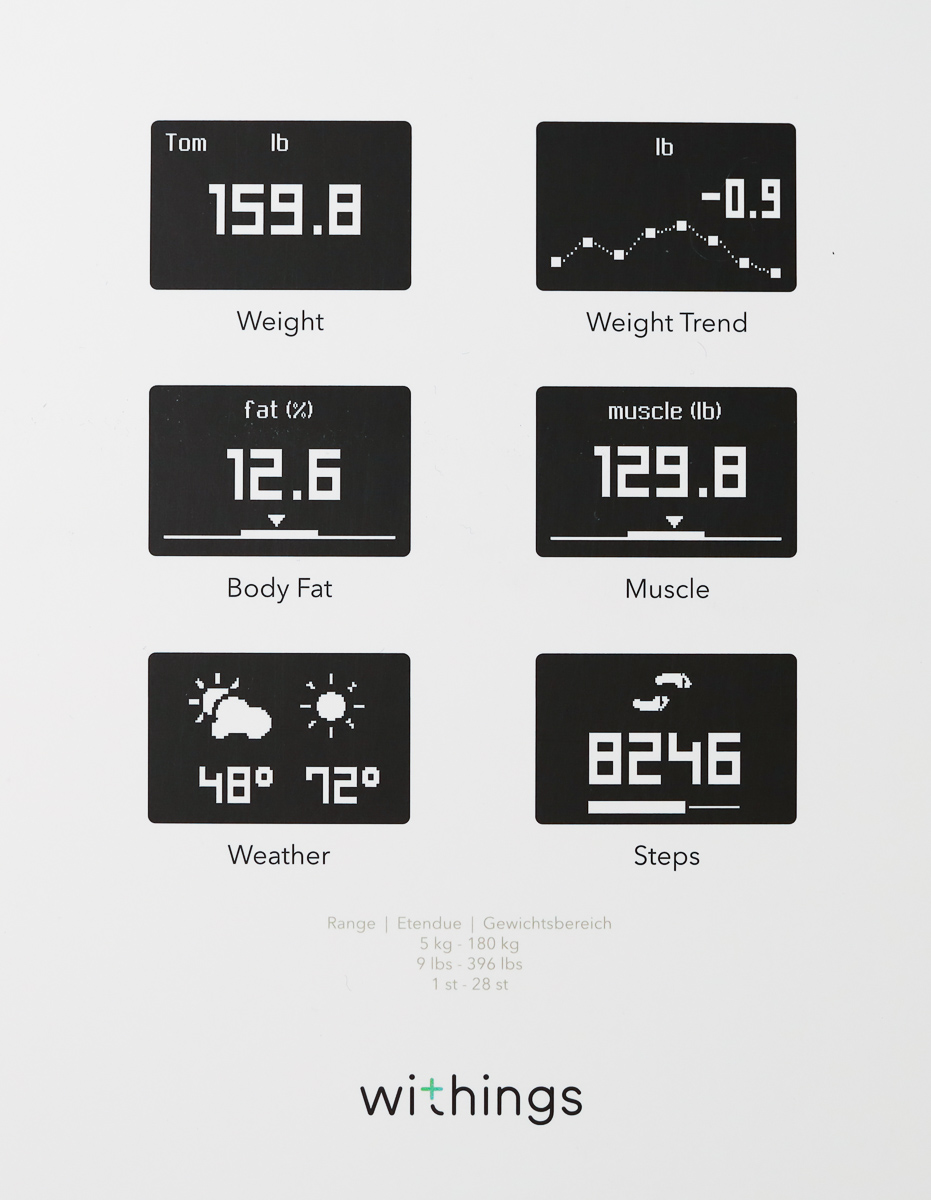
The scale looks good, but we keep it under the bed, so in our case, so appearances don’t matter too much – except for the monsters under the bed.
The application allows you to specify what information you want to see on the scale screen during weighing. You can choose from e.g.
- Weight
- Weight change trend
- The amount of fat
- Waterweight
- BMI
- Bone Mass
- Muscle Mass
- Weather
Showing the weather seemed pointless at first, but now that I’m used to it it seems to fit my morning routine really well. In addition, my favorite data point is the weight change trend, that is, how much my weight has changed since the previous day.
Smart Scale Information in Healthmate
The data is viewed in the Healthmate app, which is a bit bland for my taste, but reasonably easy to use. Weight data and body composition can be seen on a monthly, quarterly and annual basis or for the entire period of use. The most important thing is the trend in the long run and the application seems to be quite good at showing it.
The data has been automatically transferred to the application. It works as it should and I haven’t had any Bluetooth induced bouts of tech rage.
Conclusion: Smart or Not?
The boring answer is that the usefulness of any smart scale depends on you and your goals. It alone does not improve anyone’s health and may even cause anxiety.
My goal was to drop the weight closer to 70 kg and I changed my diet in the direction of intermittent fasting. I eat reasonably healthy between 11am and 7pm as before. I endure hunger well anyway, so fasting hasn’t felt bad at all.
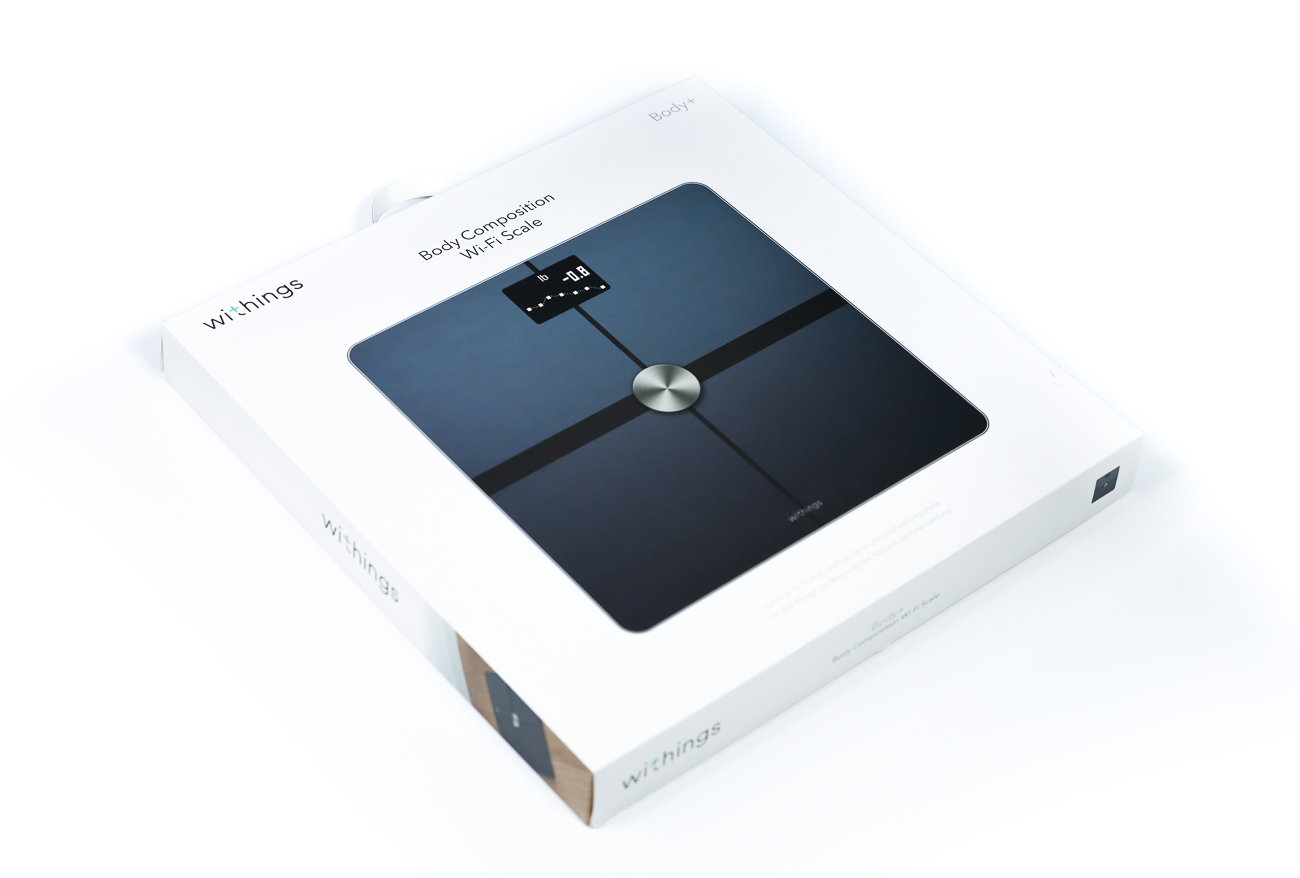
I wanted a smart scale so that I could accurately measure the effects of my lifestyle change. I also knew that I would be motivated by seeing the numbers change. And I also knew that I wouldn’t be seriously affected if the numbers didn’t go down. Therefore, I was happy to buy a smart scale. I also feel that it’s been well worth it.
If you’ve been thinking about buying a smart scale, first ask yourself: Am I at a point in my life and soul that a smart scale is right for me . If you like data, applications, and measuring life then I can recommend getting a smart scale.
Withings Body Plus has been the answer to what I was looking for. I wouldn’t get hung up on exact body composition measurement but rather look at the long-term trends.
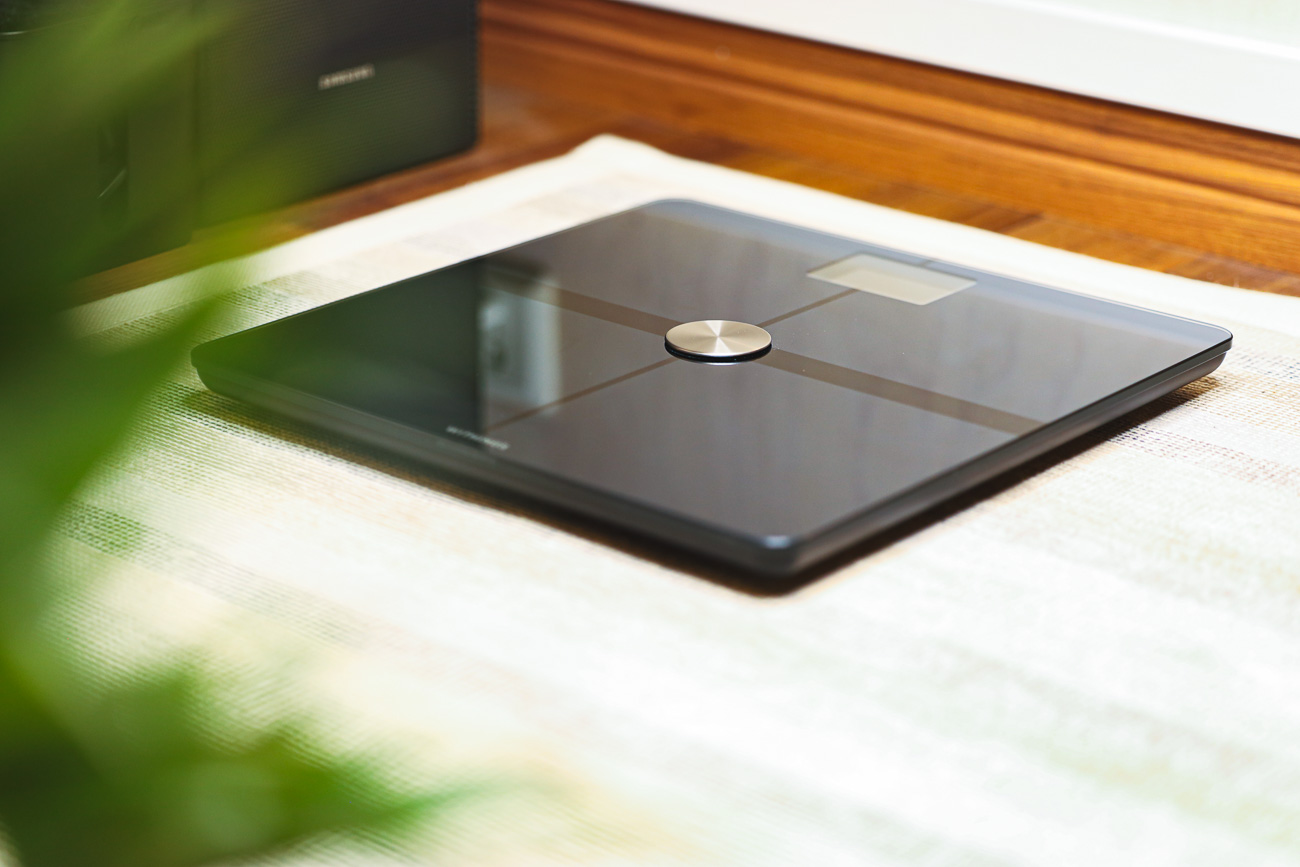
Leave a Reply